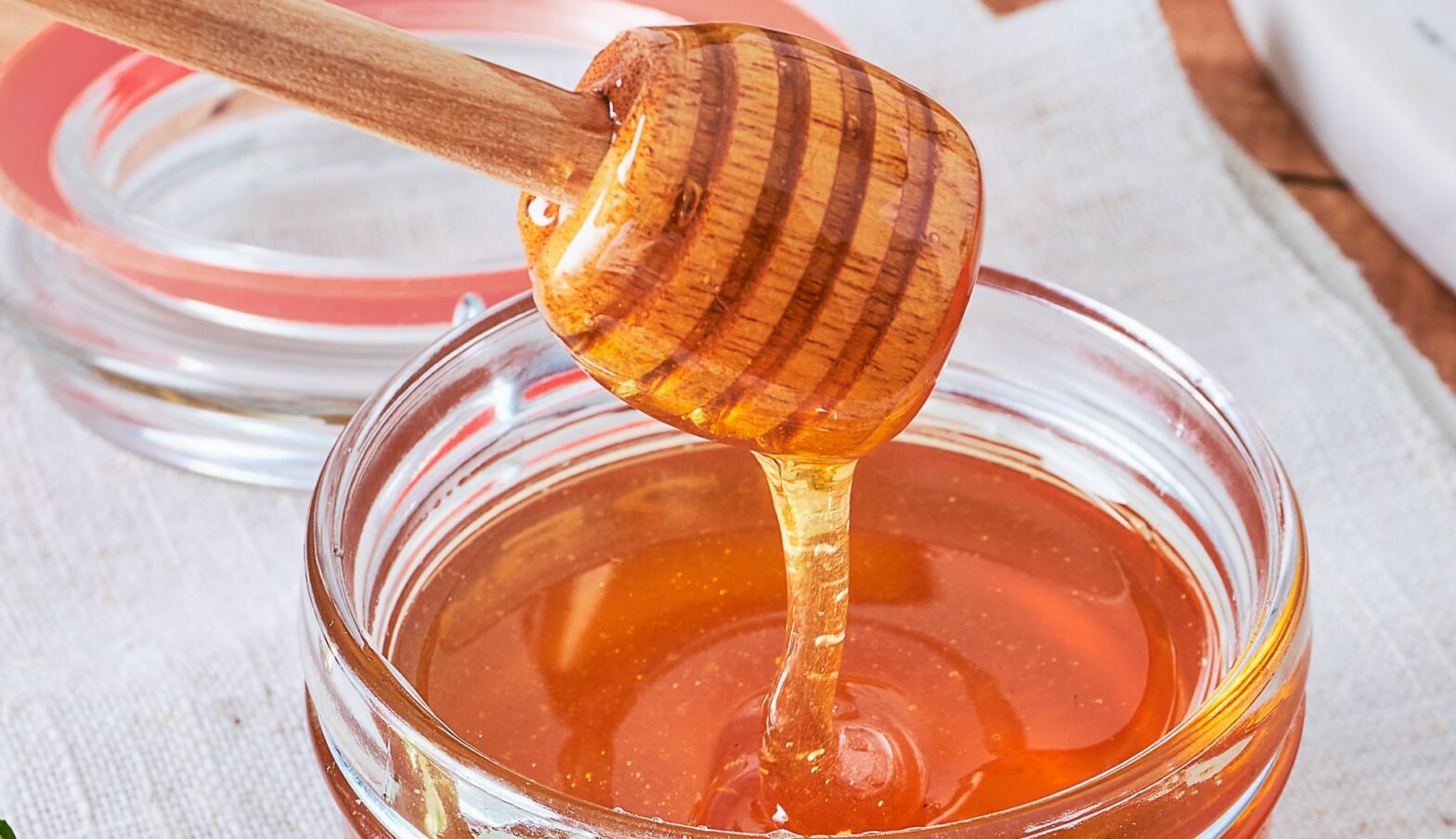General News
Meropi Kyriacou Honored as TNH Educator of the Year
NEW YORK – Meropi Kyriacou, the new Principal of The Cathedral School in Manhattan, was honored as The National Herald’s Educator of the Year.

My cup of afternoon tea always has a teaspoon of honey. As a kid my Yiayia used to give me honey when I had a sore throat or a night cough. That made me sleep better.
Even a burn felt better when honey was applied. Being a wonderful baker, she used honey generously in many goodies like baklava, Melomakarona, and diples.
At the time, I hadn’t begun to imagine about the wonderful producers those busy, amazing animals really were until I decided to do some research about bees. There used to be 5 million hives in America before WWII. Now, they are down to half of that due to climate change and vast developments, that reduced the growing of certain flowers, shrubs and trees they needed to forage on. Honey is the little-appreciated miracle – for example, it helps burns heal faster than a lot of standard dressings. Manuka honey (New Zealand and Australia) reduces pathogenic gut bacteria, protecting it from stomach ulcers. Also, it prevents antibiotic-resistant bacteria from infecting wounds. Honey reduces the risk factors for atherosclerosis and may also prevent Mucositis in patients undergoing radiation for head and neck cancers. Tualang honey (Malaysia) improves cardiovascular health generally. These particular honeys are very expensive but it may justify the cost when you consider the benefits.
Drug companies don’t conduct human health studies on honey because no one can patent honey and then profit from it as a pharmaceutical.
Now, you may say, ‘a sweetener is a sweetener’ – but sweeteners like Stevia, aspartame, and regular sugar that is bleached and refined merely trick the body, the theory being that the sweet taste triggers the pancreas to release insulin and the body puts up a resistance to it. Honey , however, contains plant flavonoids – quercetin and lutenin – that are the natural guard dogs of our immune system, defending it against pathogens. Avoiding honey only causes us to miss out on the delightful treats and its many benefits.
A lot of honey is repacked and adulterated; some even contain rice syrup. Companies buy it from Argentina, China, or Laos, to avoid the high tariffs. Then it is repacked in bottles with attractive pictures or catchy phrases on the labels. But, we as customers, should have some sort of defense. I was advised by a local farmer that the best honeys are local. If you see a farmer’s market or side-of-the road stand, pull over and get enough for the winter.
Raw honey has the best amount of beneficial enzymes that are destroyed when the honey is filtered or heated. Raw honey, an excellent source of natural benefits, has a cloudy appearance. Farmers, those around Bergen County, spend a huge amount of time extracting honey from every individual hive, one at a time, wearing protective garments. Bees can travel 55,000 miles in the hope of finding at least 2 million flowers in order to gather enough nectar for just one pound a honey – all within a radius of two miles from their hive. And no wonder there’s a saying, “busy as a bee!” They are amazing engineers and they live up to three years.
These animals create hexagons that fit together perfectly. They have no knowledge of math yet they sure seem to know how to create the shape of a hexagon in creating a hive. Neither a circle nor a square would work. Scientists still wonder how they do it.
I wish I had the incentive or ambition to have a bee hive in my yard, but, the truth is – I might as well admit it – at heart I’m really a city-slicker, and I love living in the suburbs – when my honey supply goes low, I head for Kosta’s store, Mediterranean, in Fort Lee where, besides a host of products not found in regular super markets, I get guaranteed good honey straight from Greece.
Bees need a constant source of clean, fresh water to cool their hive and create honeycombs, not chlorinated or fluoridated water. But, we have to ensure there will be grasslands, plants, and flowers like comfrey, roses, lavender, and almonds for the bees to pollinate and make the product that improves our world in countless ways. We must appreciate, respect, and assist the bee population by limiting overdevelopment and never using pesticides or Roundup. Bees are productive and pretty smart. We’d better try to be – at least – almost as smart!
NEW YORK – Meropi Kyriacou, the new Principal of The Cathedral School in Manhattan, was honored as The National Herald’s Educator of the Year.

RAFAH, Gaza Strip (AP) — Sabreen Jouda came into the world seconds after her mother left it.
WASHINGTON — The Supreme Court wrestled with major questions about the growing issue of homelessness on Monday as it considered whether cities can punish people for sleeping outside when shelter space is lacking.
NEW YORK — Monday's opening statements in the first criminal trial of a former American president provided a clear roadmap of how prosecutors will try to make the case that Donald Trump broke the law, and how the defense plans to fight the charges on multiple fronts.
ASTORIA – The singer Anastasia visited St.
CHICAGO, IL – This spring, Wrightwood 659 hosts Chryssa & New York, the first museum exhibition in North America in more than four decades to focus on the Greek-born artist Chryssa (1933–2013).